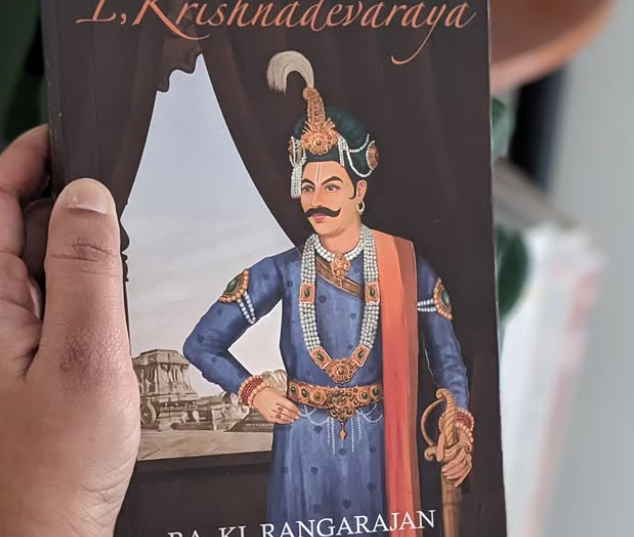The story follows the rise of Circe, daughter of Helios, the sun god, from a mere nymph to being a powerful sorceress. Most well known in mythology for turning men into beasts and for her vast knowledge of herbs and spells, Circe is given a voice here unlike in Homer’s narrative where she is easily forgotten by the reader. Narrated by Circe herself, we learn of her unhappy childhood, and of her being the constant object of her sisters’ jokes. Her life changes when she is banished to the island of Aeaea, which eventually becomes her home.
That’s just the very briefest summary possible of this quite profound and epic narrative. Miller builds up the momentum slowly, very slowly sometimes, charting Circe’s rise. Although she is divinity, she is terribly attracted to mortals after she hears of and witnesses Prometheus’ downfall. Later, she falls in love with one such, Glaucos who she turns into a sea god using her then budding powers. But Glaucos soon gives into vanity in his newfound status and shows that he is more interested in another nymph called Scylla. Overcome by hurt and anger, Circe transforms Scylla into a monster, an act that stays on her conscience in many ways till the very end of the book. When her powers become known to Helios, the ensuing politics among the gods results in her exile. It’s on the island that Circe develops her capabilities and becomes a sorceress of repute. Because she is a lone woman she is constantly under threat from passing sailors and she soon develops her own strategy – turn them into pigs. But not too soon after, she gains company and the book begins to take a different turn.
I enjoyed reading Circe in parts. I loved Miller’s feminist perspective of a single and beautiful woman who is also the underdog, making her way up in the world. All the other gods are depicted as purely political, power-hungry, and violent beings. Circe too is all that but what makes her different is her weakness – she falls in love for the sake of love with no hidden agendas.
Although Miller anchors the story to Circe, a huge line-up of stars from the Greek world make an appearance here. It was fun reading about them all over again because it felt like a throwback to my school and college years when I came across many of them for the first time. There are too many to name but, unsurprisingly, Odysseus did stand out with his very complex shades of character. After all, a lot of pages have been dedicated to developing him whereas others like Jason, Medea, Ariadne, Icarus, Daedalus, and the Minotaur all come and go.
But precisely because the canvas is as detailed as Rembrandt’s The Nightwatch, teeming with characters each having a part however small in the story, it was a bit difficult to read in parts. It felt unwieldy sometimes and a bit disorienting at others. I found myself wishing for the cleaner, more spartan, slate that Achilles was drawn on. Some of Miller’s writing too contributed to the really sluggish pace towards the end. While I love her writing there were ornate sentences like filigree work, which has no function other than just appear pretty.
I know that I am in the minority for giving 3.5 stars to this much celebrated book. But I did miss Achilles and his sweet Patroclus. There was more feeling, tenderness, and depth to their story, which Circe could have had to a greater extent. Some tighter editing and sharper focus too. But that’s just me. And just like the classics I might enjoy it more if I revisit.




I have been meaning to read this book, particularly because I have long enjoyed mythology told from a different perspective. For a book that is more focused and sparse, may I recommend Jeanette Winterson’s Weight? It tells the tale of Atlas from his point of view. It’s a slim book but packs a punch. I adored it.
Yes, but I think you should read the Song of Achilles too. I liked that one more than Circe. I will look up Weight, it sounds great. I think I have not read any of her books so far! Thanks for the reco 🙂